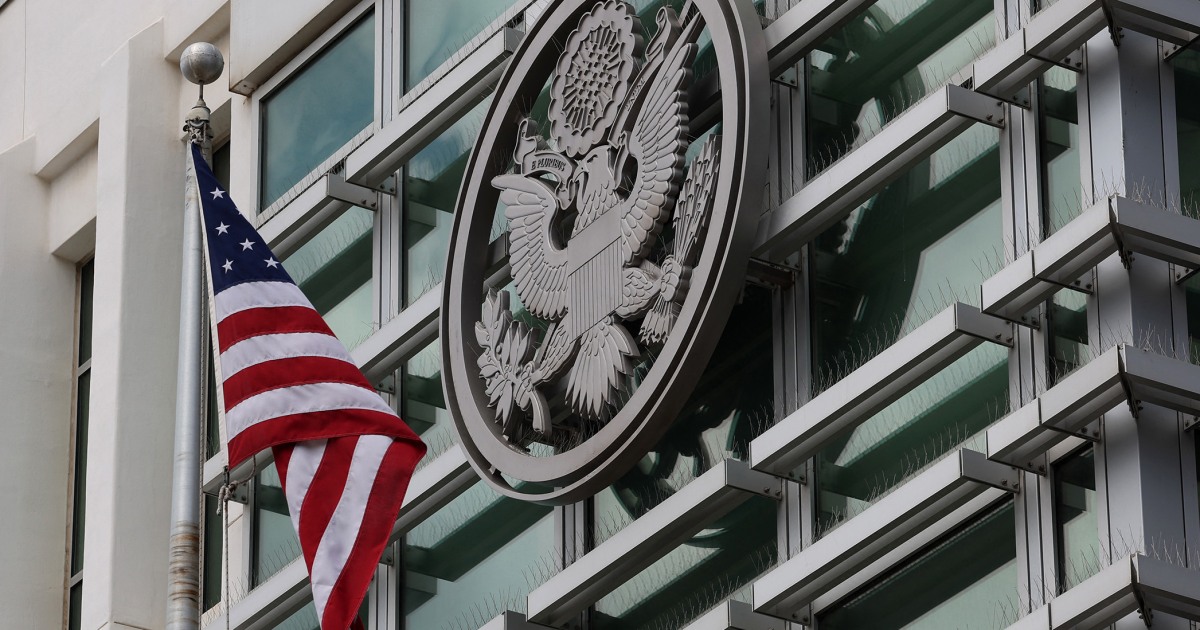India Launches Operation Sindoor Against Terror Infrastructure in Pakistan

On Wednesday, India announced it had conducted targeted strikes on nine sites in Pakistan and Pakistan-administered Kashmir, escalating tensions between the two nuclear-armed nations. The Pakistani government reported that these strikes resulted in the deaths of at least three individuals, with an additional twelve people suffering injuries, as per initial assessments from local authorities.
The Indian armed forces stated that the operation, dubbed ‘OPERATION SINDOOR’, aimed to dismantle terrorist infrastructure believed to be responsible for orchestrating attacks against India. A spokesperson for the Indian military elaborated that these strikes were a necessary response to the ongoing threats posed by cross-border terrorism emanating from Pakistan and its occupied territories.
In a statement issued following the strikes, the Indian government emphasized that the targets were specifically chosen based on intelligence that indicated they were used as bases for planning and executing attacks against Indian citizens. “The Indian armed forces launched a precise and measured response to neutralize the threats that have plagued our nation for far too long,” the statement read.
In a concerning development, the Pakistan Armed Forces released a photograph purportedly showing a victim receiving medical treatment in a Bahawalpur hospital after the missile strikes. The image, disseminated through the Inter Services Public Relations (ISPR), has drawn attention to the immediate human impact of the military actions taken between the two countries.
This latest round of military engagement has ignited fears of further escalation, particularly given the historical context of violence and hostilities in the region. Tensions have been on the rise since last month, when a militant attack targeted tourists in the Indian-administered region of Kashmir, resulting in several casualties. India has accused Pakistan of harboring and supporting the militants responsible for this attack, a claim that Islamabad has categorically denied.
The current situation mirrors past crises, notably in 2019, when India and Pakistan teetered on the brink of war following a devastating suicide car attack in Kashmir that killed over forty Indian paramilitary personnel. That incident prompted aerial skirmishes between the two nations and a significant escalation in military readiness on both sides.
As the international community observes the unfolding events, there is growing concern about the potential for conflict in a region already fraught with instability and discord. The implications of these military actions could extend beyond the immediate casualties, affecting regional security dynamics and international diplomatic efforts aimed at resolving long-standing disputes.




























